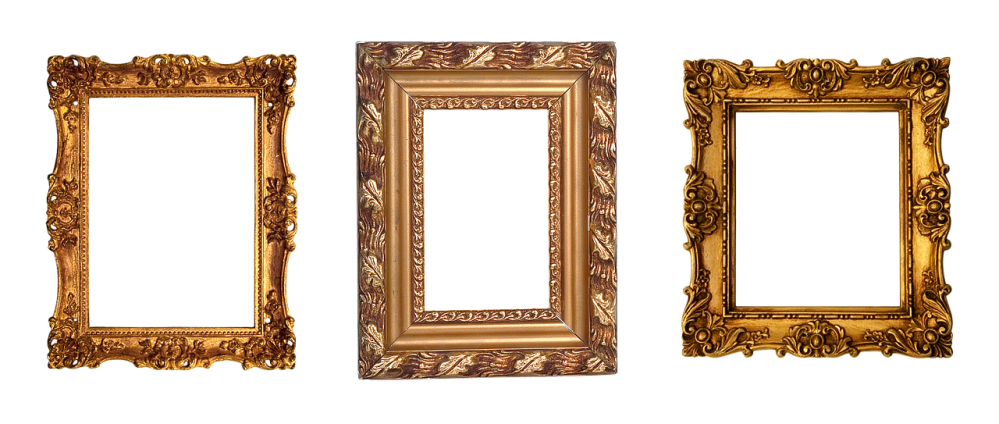The golden gown
Cherish not your gowns of golden threads
Cherish your youth instead
And pick the blossoms as they bloom
Delay not, too soon they will be gone
金 縷 衣
勸 君 莫 惜 金 縷 衣
勸 君 惜 取 少 年 時
花 開 堪 折 直 須 折
莫 待 無 花 空 折 枝
Du Qiuniang
Some say, Du Qiuniang (杜 秋娘) was a concubine of Emperor Emperor Xianzong (born 778, rule began 805 – death, 820) and a political advisor. She was also a skilled poet and beautiful. After the emperor’s death, she tried to counsel the new and young emperor, but found herself embroiled in palace intrigue for favor and power. She was forced out and fortunate to return to her native Zhenjiang 鎮江 in Jiangsu Province.
Others say she was the wife of another poet.
If you are searching, also look for Du Qiu Niang and Du Qiu-Niang.
One can see from the original Chinese text that Du Qiuniang employed constant repetition of words and phrases.
The title is itself repeated in the first line. Also, the admonition to cherish not and to cherish begin lines one and two. The symbol for blossom is repeated in lines three and four. So too, the symbol 折 which may be translated as broken or gone. The poem ends with the two rhyming characters 折 枝, zhe and zhi, leaving us with the image of a broken branch and vanished blossom. 折 枝 may also be translated as a broken word or promise, giving the poem a subtle context.
Du Mu supposedly wrote a poem about her titled, The Song of Du Qiuniang.
Whoops, got to go, hope to come back…












